According to the analysis of Professor Dr. Ta Ngoc Tan, Permanent Vice President of the Central Theoretical Council, former Director of the Ho Chi Minh National Academy of Politics , the victory of the August Revolution in 1945 not only brought independence to the nation, establishing the Democratic Republic of Vietnam - the first people's democratic state in Southeast Asia, but also laid the foundation for the construction of a new national institutional system unprecedented in the history of Vietnam - an independent, people's democratic national institutional system.
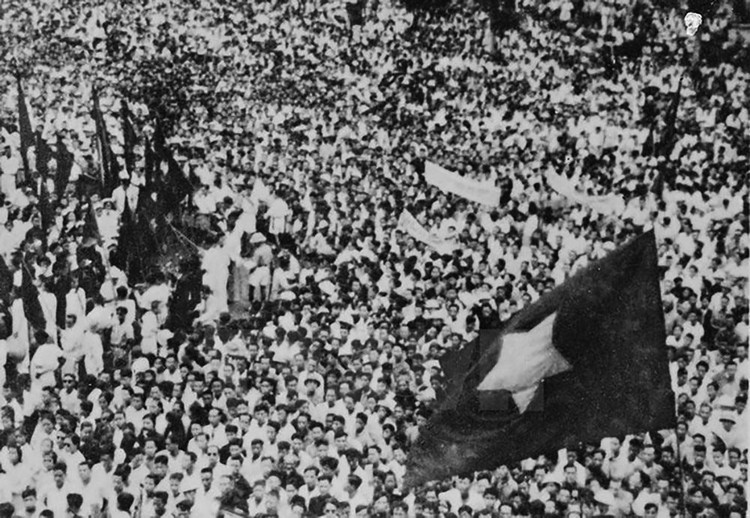
In the context of our nation entering a new era, an era of strong growth, with the goal of Vietnam becoming a developing country with modern industry and high average income by 2030; and becoming a developed socialist country with high income by 2045, the construction and completion of a modern, democratic, effective and integrated national institutional system is an inevitable and urgent requirement.
“That requires us not only to look to the future, but also to look to the past, exploiting the depth of history to promote valuable lessons from the practice of building the institutional system after the August Revolution in 1945 in the new historical context and conditions,” affirmed Professor, Dr. Ta Ngoc Tan.
Promoting the spirit of August Revolution in modern national governance
Before 1945, Vietnam was a semi-feudal colony, without a constitution or independent laws. The protectorate state was repressive, the bureaucracy and laws served the ruling class, and the people lost all democratic rights.
The August Revolution of 1945 broke the chains of slavery, overthrew the thousand-year-old monarchy, and opened the era of national independence and socialism. Immediately after the victory, under the leadership of the Party, headed by President Ho Chi Minh, they urgently built a comprehensive national institution of independence and people's democracy in all fields to "guide" the process of creating and building a new society and protecting the achievements of the revolution.
On September 2, 1945, President Ho Chi Minh read the Declaration of Independence, giving birth to the Democratic Republic of Vietnam.
This is not only a political declaration but also the first fundamental, constitutional legal document, establishing national sovereignty and the principles of democracy, equality, and freedom of the new State.
The establishment of a republic, a people's democratic state, marked a fundamental change in institutions from a semi-feudal colony to a state of the people, by the people and for the people.
The Declaration of Independence is a valuable document as an institutional statement, affirming "the right of national self-determination and the right of the People to be masters", and at the same time laying the foundation for building an independent national institutional system on the basis of power belonging to the people.
The provisional government headed by President Ho Chi Minh issued many decrees on politics, economy, society, culture, and education; abolished old anti-democratic laws, and selectively inherited suitable elements to organize the new administrative apparatus.
One of the steps in building a people's democratic national system is to establish a constitutional foundation and the rule of law. As early as September 1945, the Decree on organizing a national general election was issued.
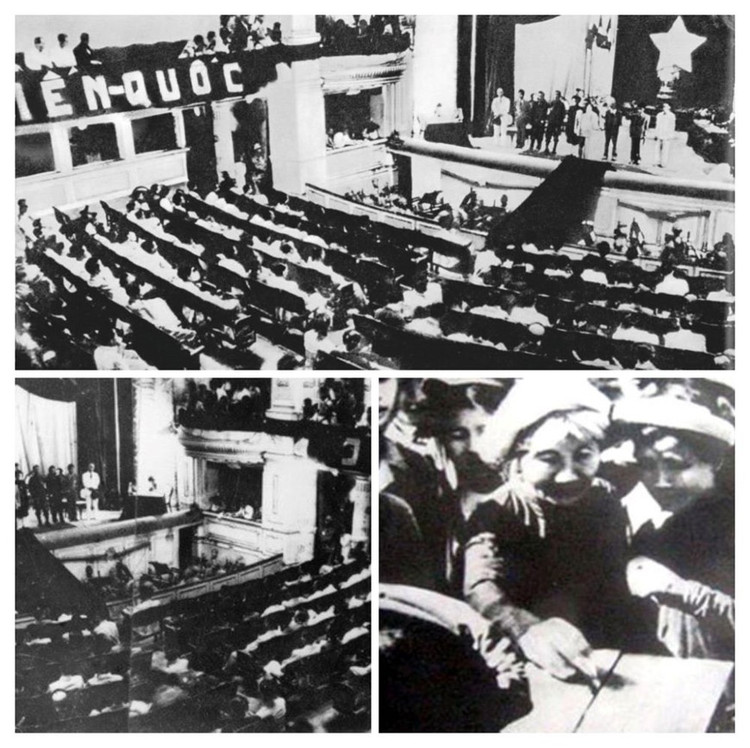
On January 6, 1946, the first General Election demonstrated a broad democratic spirit, all citizens aged 18 and over had the right to vote. The first National Assembly was born, passed the 1946 Constitution, a democratic and progressive constitution, reflecting the people's aspirations for freedom, equality, and mastery; regulated the political regime, civil rights, state apparatus organization, the principle of decentralization, and control of power; promoted democracy, guaranteed basic freedoms and became the first constitutional model of Vietnam.
Along with that, immediately after gaining power, one of the first things the revolutionary government did was to focus on forming an administrative apparatus from the central to the grassroots level, considering this an essential foundation of the new democratic regime. The provisional government of the Democratic Republic of Vietnam led by President Ho Chi Minh was established.
People's Committees and Resistance Committees at all levels were established to carry out administrative management, maintain security, and care for people's lives. Organizations such as Viet Minh, Lien Viet, Women's Association for National Salvation, Youth Union for National Salvation, etc. became the core uniting the Party, the government, and the masses.
President Ho Chi Minh emphasized: “The government from the commune to the central government is elected by the people” and “If the government harms the people, the people have the right to expel the government”. On November 22, 1945, Decree 63/SL stipulated that the administrative committees at all levels are elected by the people, demonstrating direct democracy, empowering the people to manage villages and communes.
The new administrative apparatus is focused on building an effective, close to the people, by the people and for the people. President Ho Chi Minh pointed out: "Without organization, everything is difficult. With good organization, everything is easy." He considered cadres to be the key: "The success or failure of all things depends on good or bad cadres."
In particular, the Government has promoted intellectuals and experts of the old regime such as Bui Bang Doan (Minister of the Ministry of Justice of the Nguyen Dynasty), Phan Ke Toai (Imperial Commissioner of the Northern Region of the Tran Trong Kim Government), Pham Khac Hoe (Royal Secretary of King Bao Dai), Tham Tri Dang Van Huong; Vi Van Dinh (former Governor of Thai Binh), Ho Dac Diem (former Governor of Ha Dong)...
This policy demonstrates an open, useful and tolerant institutional mindset, not being concerned with background but putting national interests above all. This is also a humane approach to institutional development based on knowledge that our Party, headed by President Ho Chi Minh, applied very flexibly to build a national institutional system in the context of historical transition at that time.
The above lessons on institutional building after the August Revolution in 1945 not only have historical value but also have profound theoretical and practical significance in the current process of innovation and building a socialist rule-of-law state.
“Establishing political and legal institutions; building a constitutional and rule of law foundation; organizing effective governance from the central to grassroots levels and making good use of intellectuals are the core pillars of the modern institutional system. In the new era, inheriting and developing those lessons is a prerequisite for the country to develop sustainably and affirm its position and prestige in the international arena,” emphasized Prof. Dr. Ta Ngoc Tan.
Promoting the lessons of 1945 in the new era
Entering a new stage of development, Vietnam not only protects its independence but also affirms its foundation and position in the international arena. The country is transforming its growth model to depth, based on science and technology, innovation, comprehensive integration, developing digital government, digital economy, and digital society.
Along with opportunities come challenges: international security, economics, and politics are changing; development gaps; and the risk of falling behind if institutions are not renewed in time. The urgent need is to build a strong, flexible, and modern institutional system to maintain political and social stability and lead to sustainable development.
Firstly, continue to improve institutions and laws, remove “bottlenecks” and “bottlenecks”, and free up resources. Institutions and laws have been formed synchronously but still overlap and lack transparency. We need to take decisive action and innovate our approach: instead of controlling and prohibiting, we must “expand the legal space”, give more power to society, make the policy-making process transparent, and increase social criticism.
Second, promote democracy and the people's role as the subject. The greatest lesson of the August Revolution in 1945 was to promote the spirit of mastery of the people, not only in the uprising to seize power, but also in building a new regime. In the new era, it is necessary to elevate the role of the people from beneficiaries to subjects creating, accompanying and controlling power.
Third, continue to effectively organize and implement the streamlining of the political system and local government at two levels, overcoming overlap, bureaucracy, and cumbersome procedures. The construction of a new model must be associated with a fair policy mechanism, leaving no one behind, while retaining and promoting competent and qualified cadres.
Fourth, innovate thinking and policies on human resources. The lesson of valuing talents after 1945 still holds true. In the context of global intellectual competition, it is necessary to build institutions to encourage, protect, and value talented people, creating conditions for domestic and foreign intellectuals to participate in policy making, reform, digital transformation, and innovation. Human resource institutions must shift from “managing people” to “creating conditions for people to develop comprehensively”, taking real contributions as the measure.
The victory of the August Revolution in 1945 not only brought independence to the nation and the people's right to mastery, but also laid the foundation for building an independent, democratic national system with valuable lessons for the Vietnamese revolution.
“Continuing to perfect the national institutional system is not only to promote historical heritage, but also a mandatory requirement to enhance national governance capacity, ensure democracy, rapid and sustainable development. A modern, democratic and adaptive institutional system will be the decisive condition for Vietnam to rise strongly in the new era,” affirmed Prof. Dr. Ta Ngoc Tan.
The article uses materials from the Workshop "August Revolution and National Day September 2: Contemporary values and everlasting vitality".
Source: https://khoahocdoisong.vn/cach-mang-thang-tam-1945-va-di-san-xay-dung-the-che-cho-thoi-dai-moi-post2149046785.html


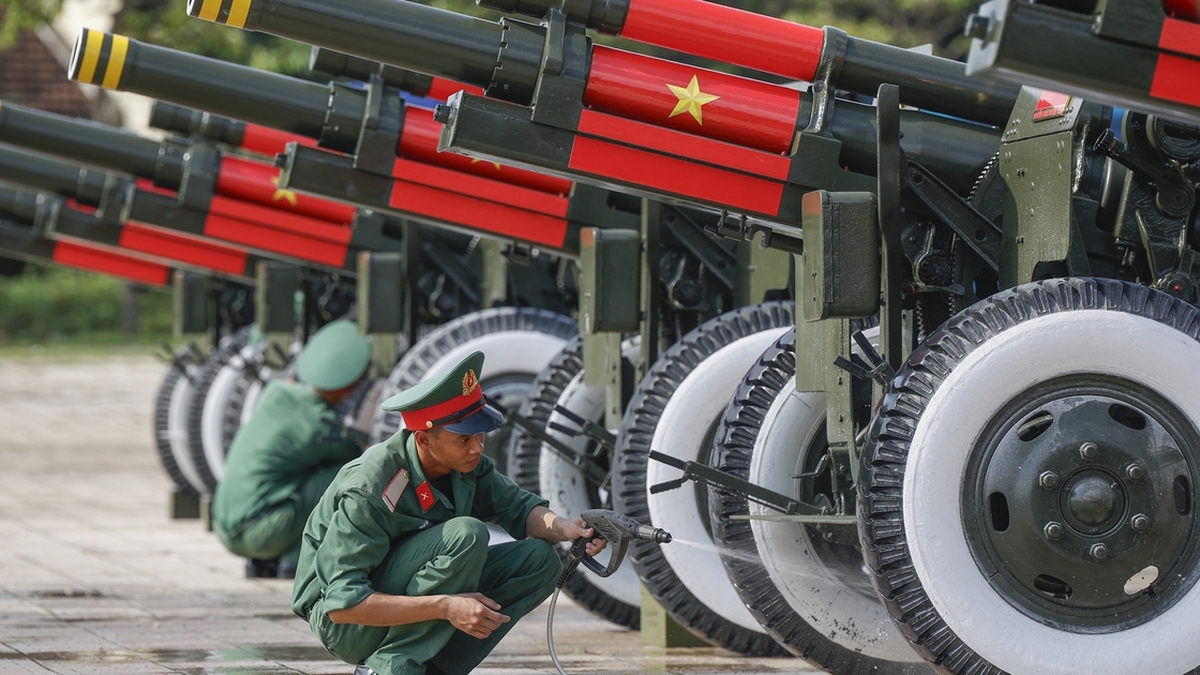
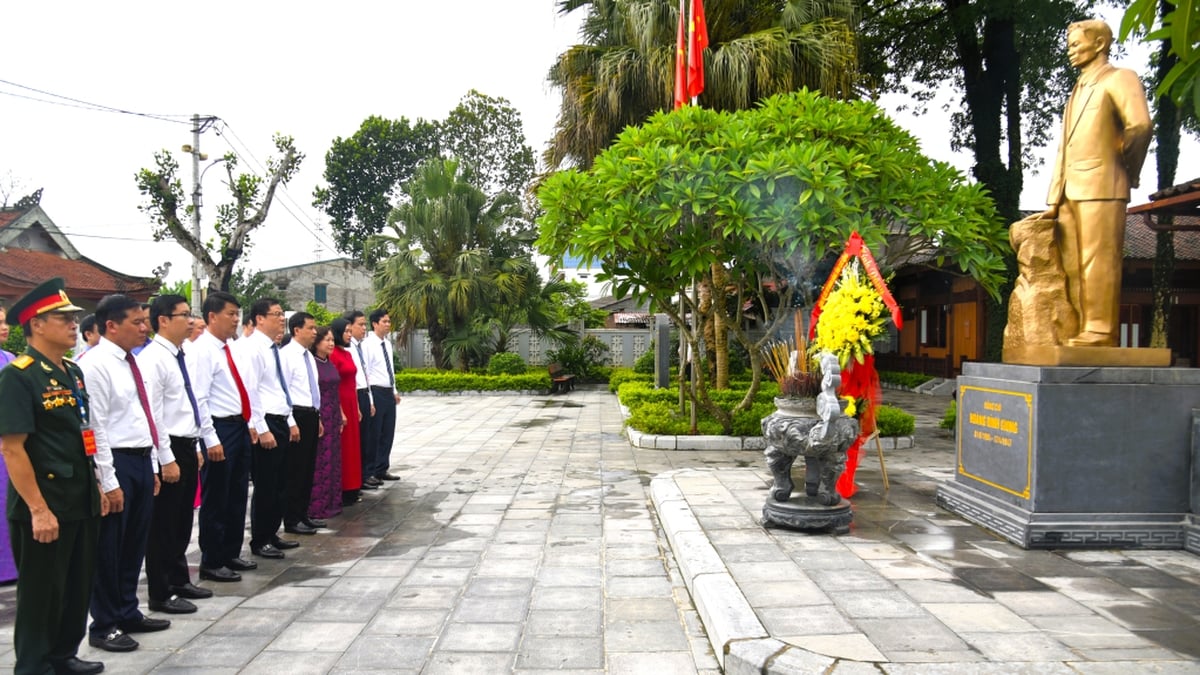

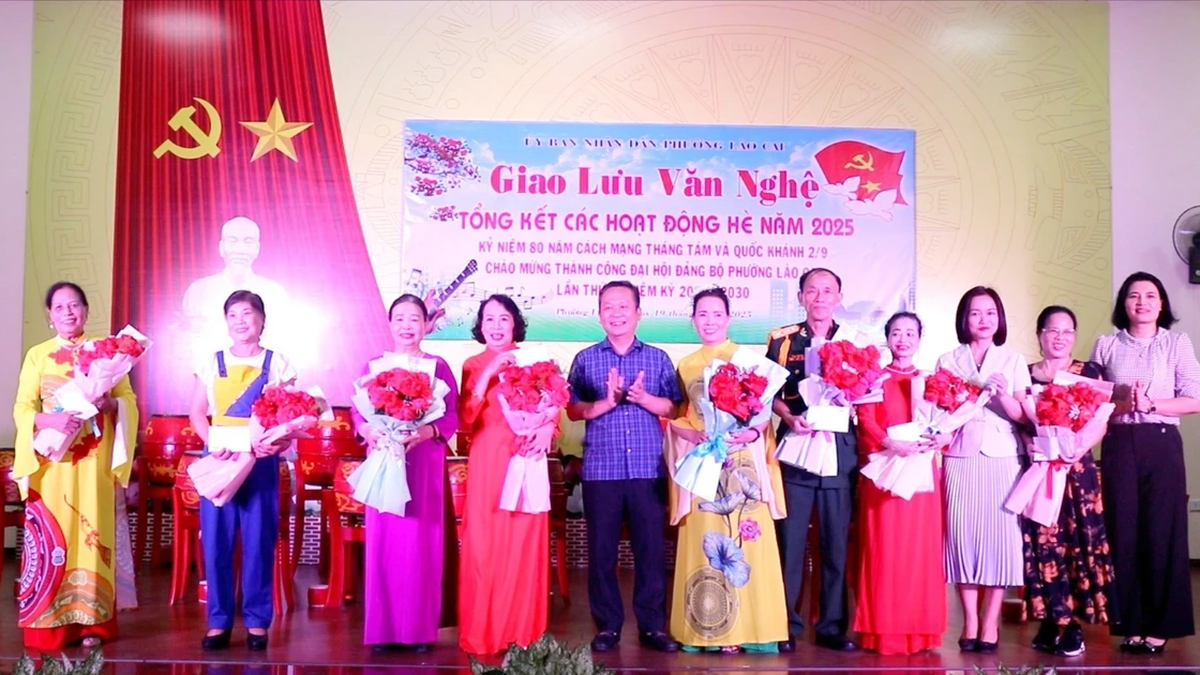



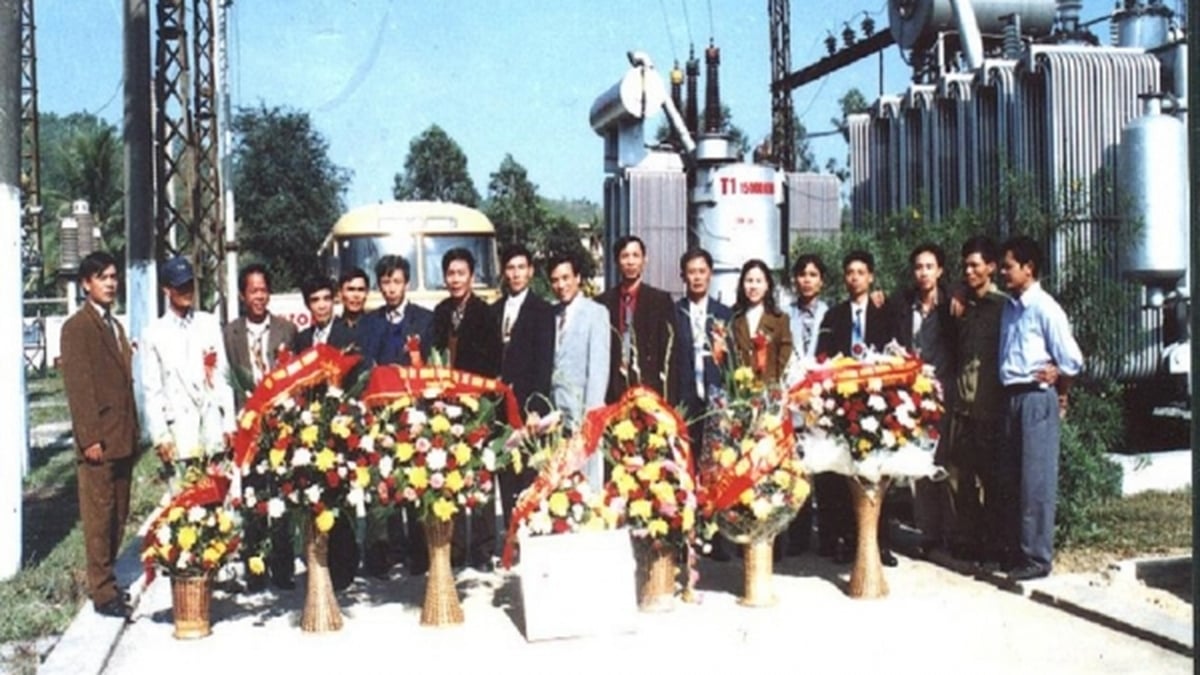
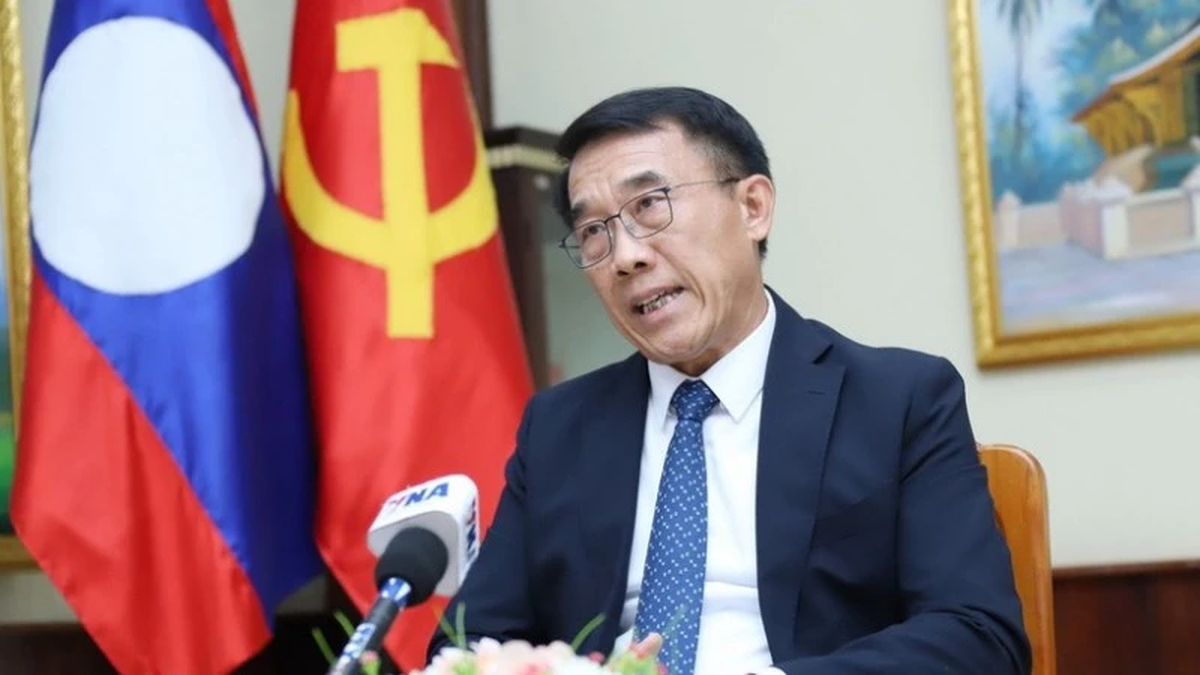











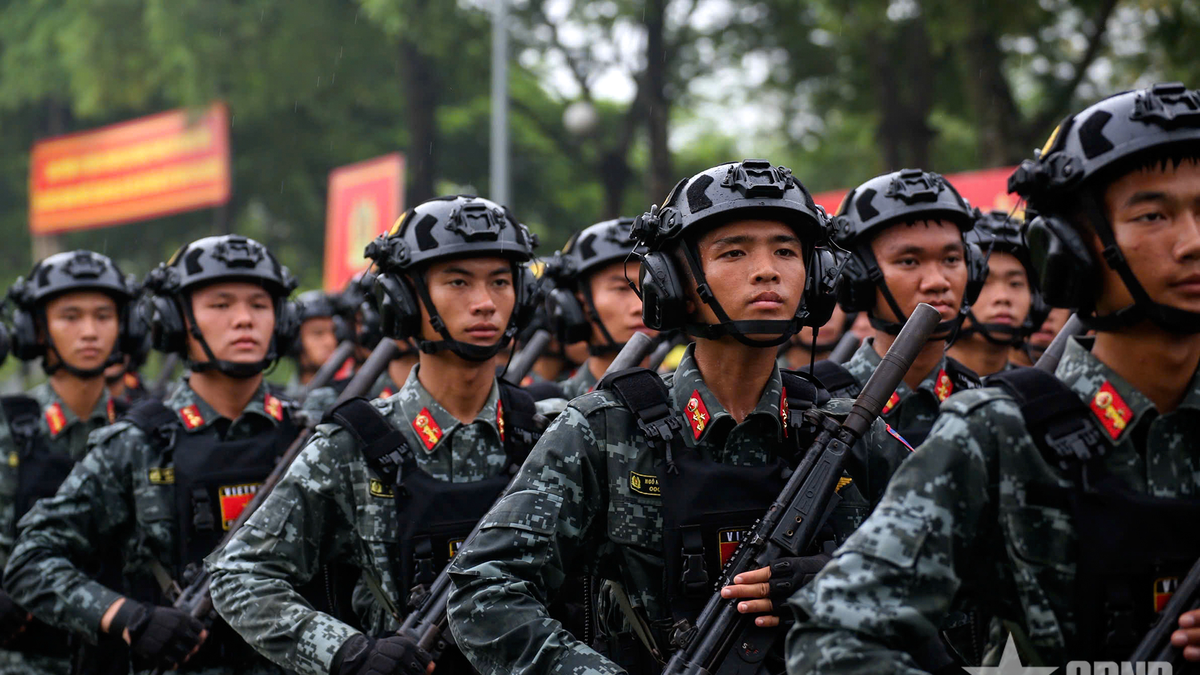
![[Photo] President Luong Cuong's wife and Queen of Bhutan visit Tran Quoc Pagoda](https://vphoto.vietnam.vn/thumb/1200x675/vietnam/resource/IMAGE/2025/8/19/62696af3852a44c8823ec52b03c3beb0)

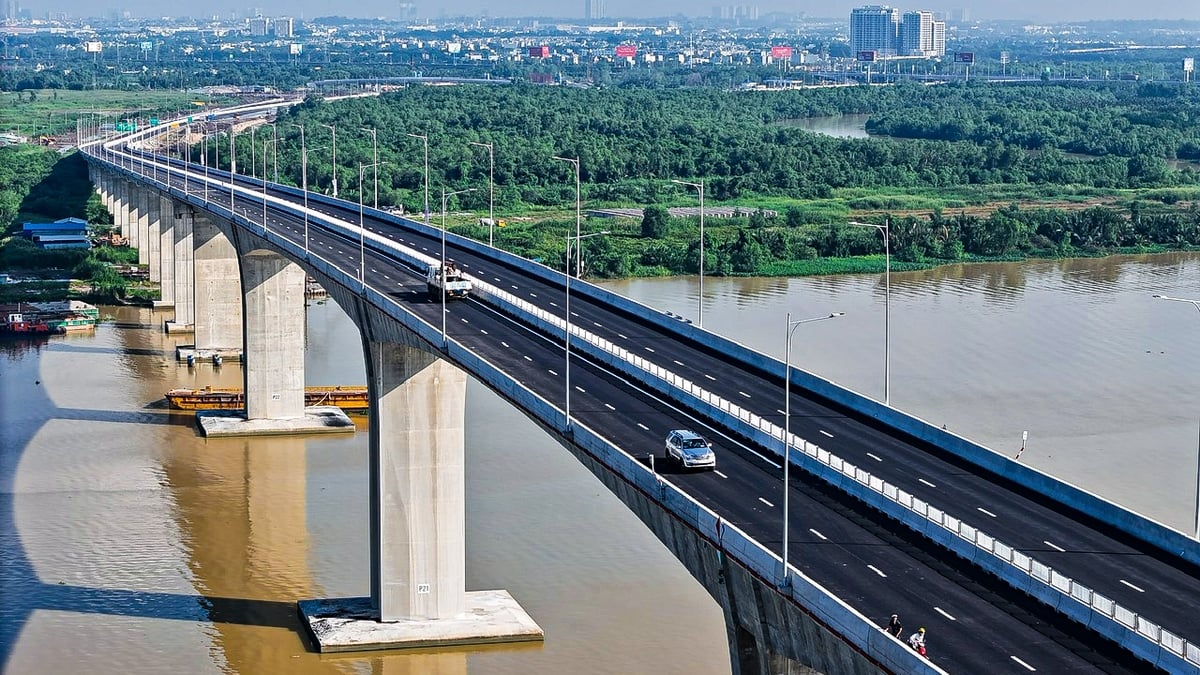
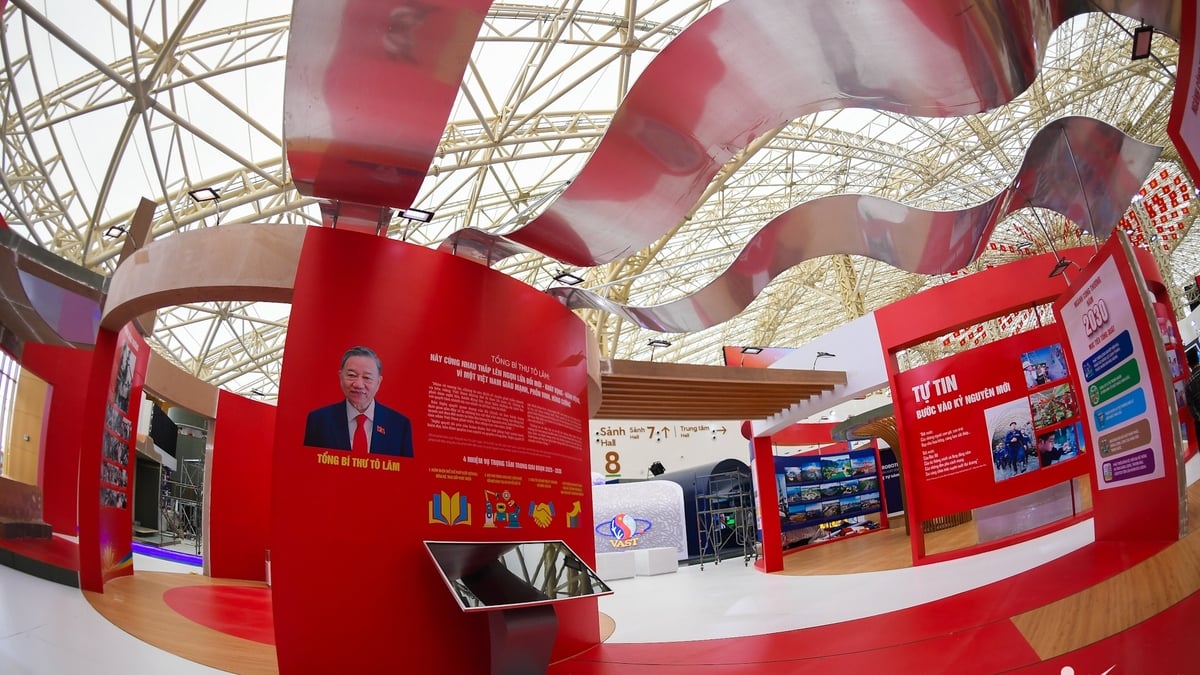
![[Photo] General Secretary and Prime Minister visit the National Exhibition and Fair Center](https://vphoto.vietnam.vn/thumb/1200x675/vietnam/resource/IMAGE/2025/8/19/f4503ad032d24a90beb39eb71c2a583f)
![[Photo] General Secretary To Lam attends the inauguration and groundbreaking ceremony of 250 projects to celebrate National Day](https://vphoto.vietnam.vn/thumb/1200x675/vietnam/resource/IMAGE/2025/8/19/3aa7478438a8470e9c63f4951a16248b)

![[Photo] Politburo works with the Standing Committee of Da Nang City Party Committee and Quang Ninh Provincial Party Committee](https://vphoto.vietnam.vn/thumb/1200x675/vietnam/resource/IMAGE/2025/8/19/b1678391898c4d32a05132bec02dd6e1)
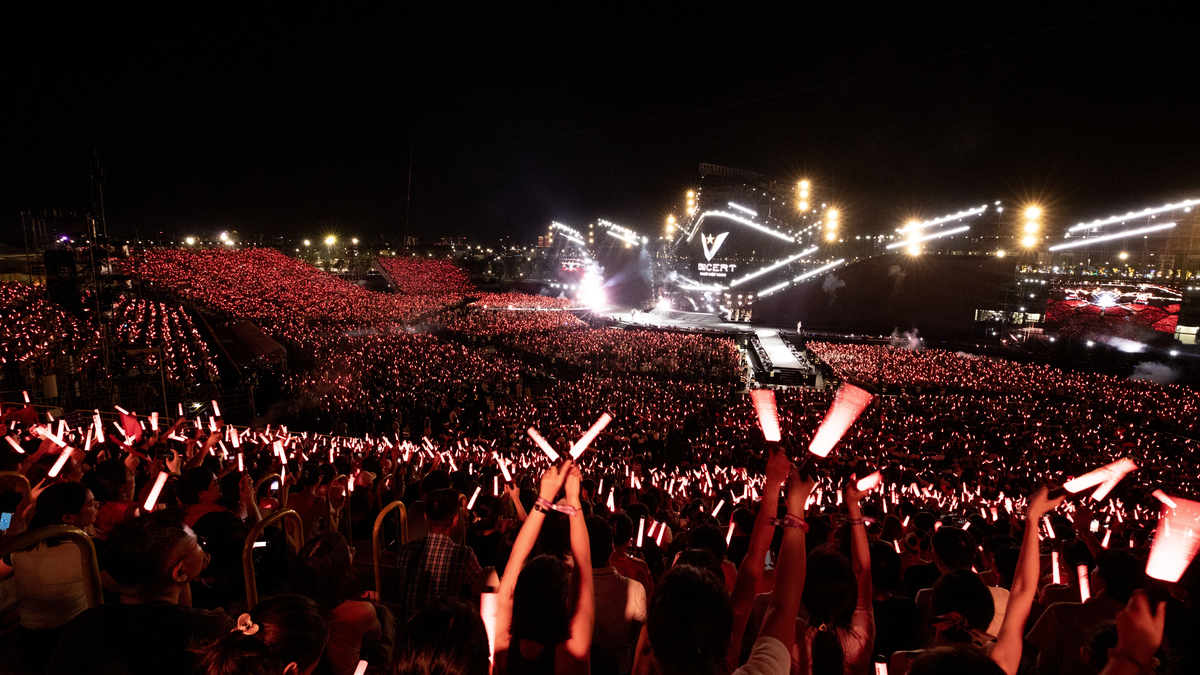


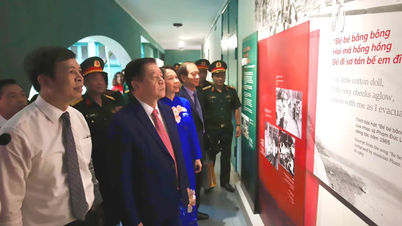







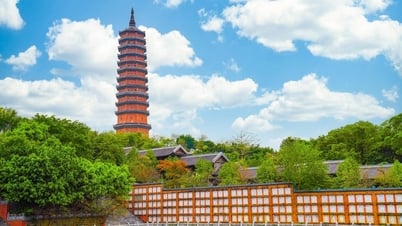



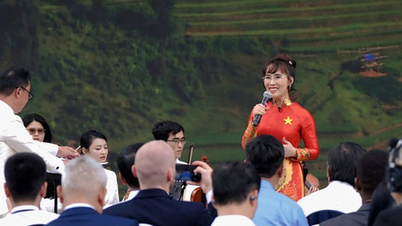

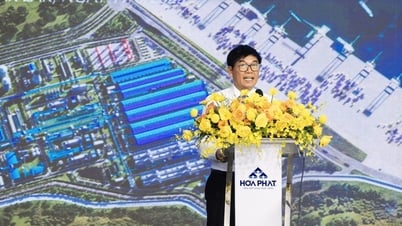

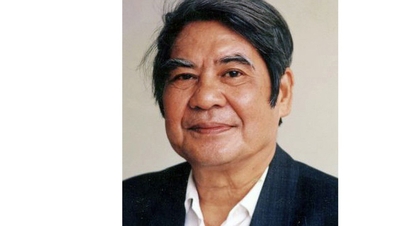
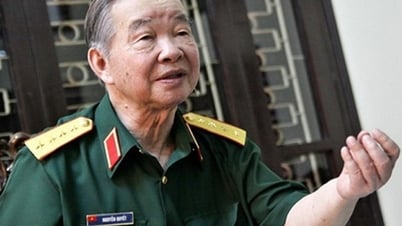



![[Maritime News] Maersk announces positive results in the first half of 2025](https://vphoto.vietnam.vn/thumb/402x226/vietnam/resource/IMAGE/2025/8/20/d9f3704e9e8647a0ade1f6e2309d75d1)

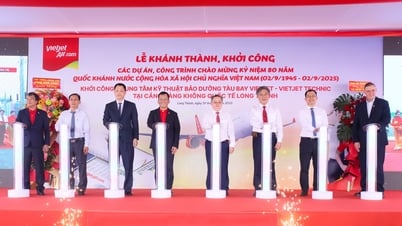
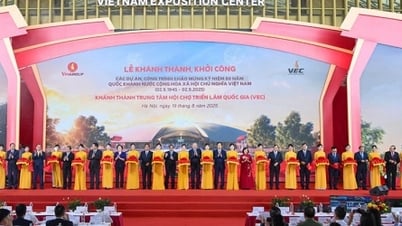

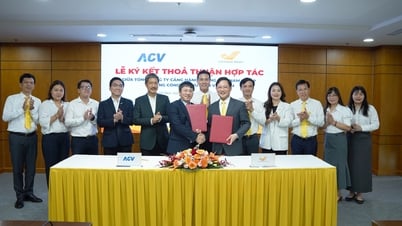


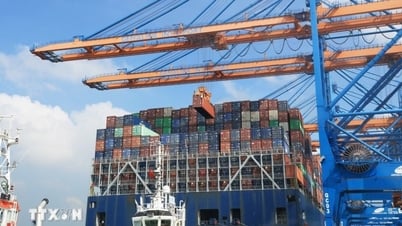

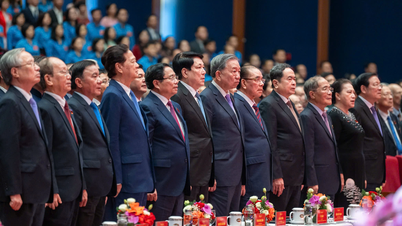

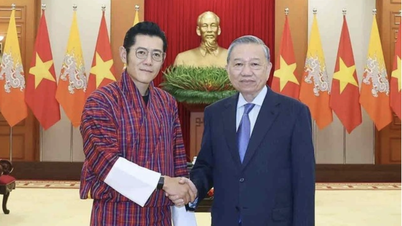




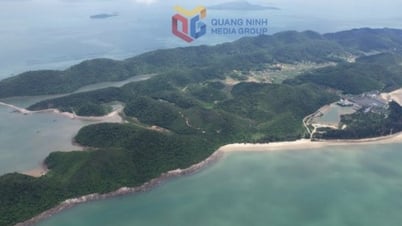

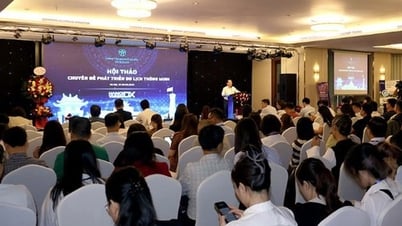
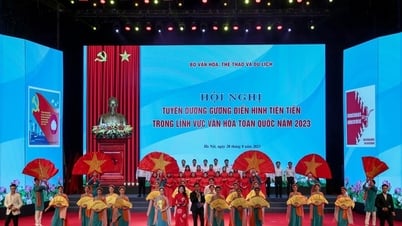
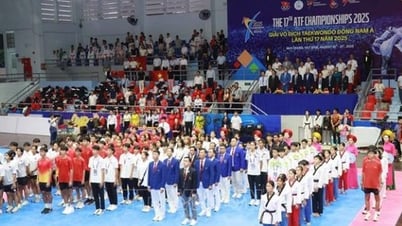
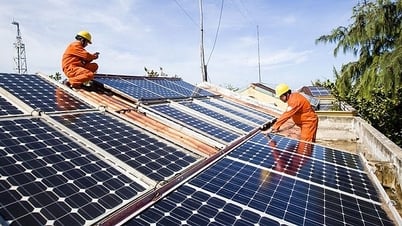











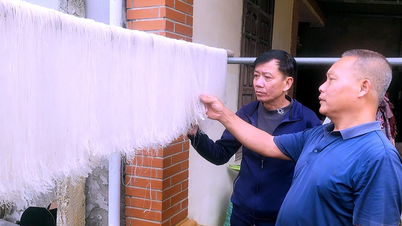






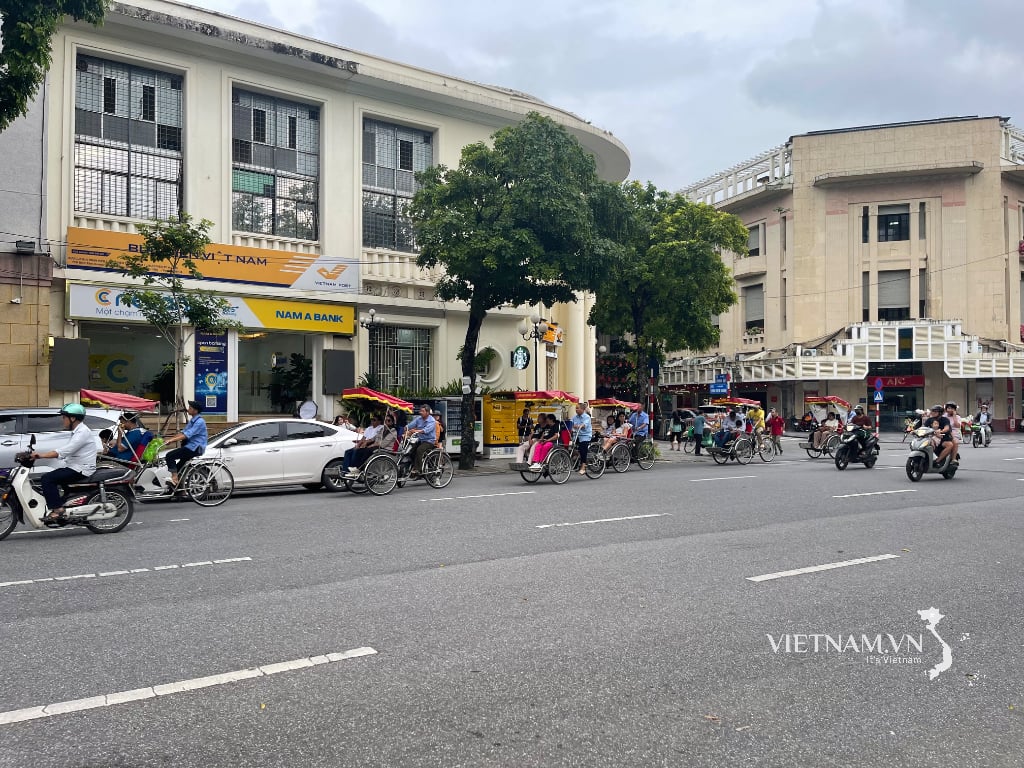



Comment (0)